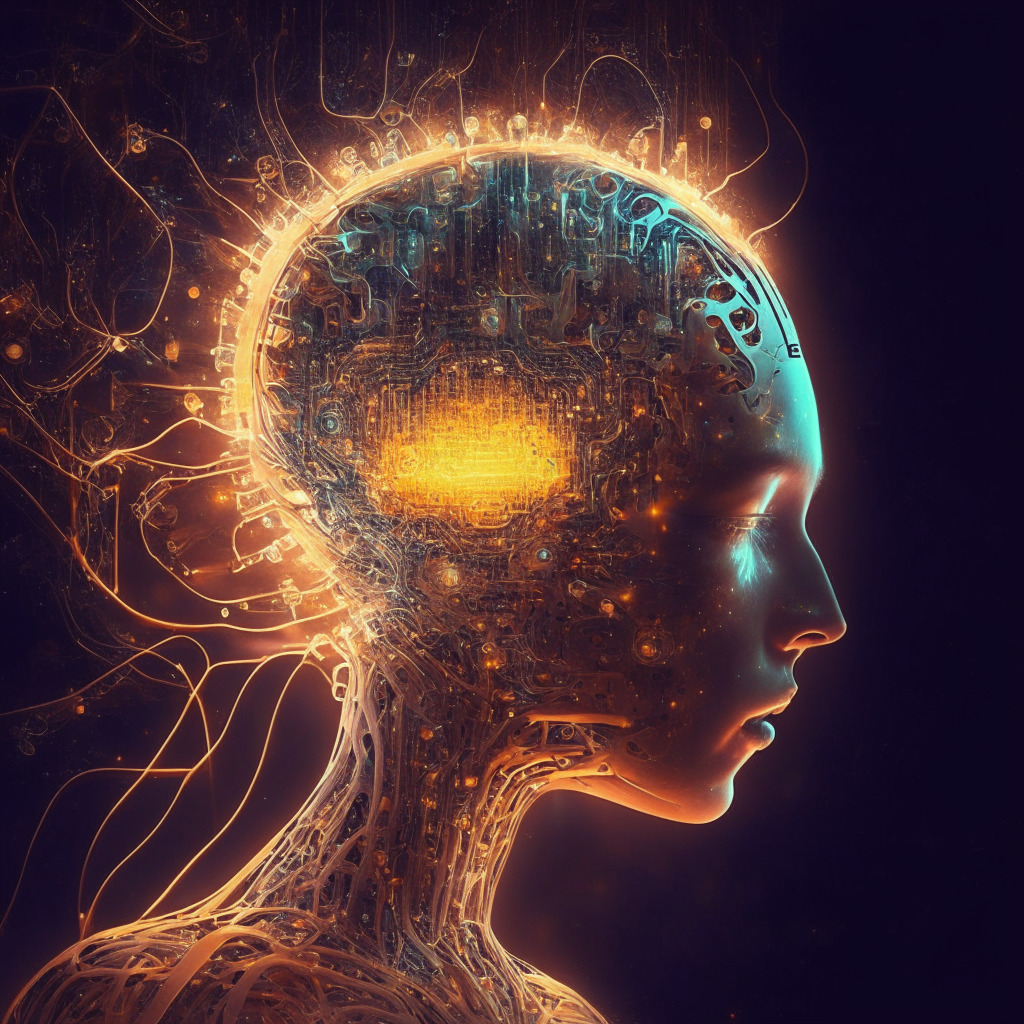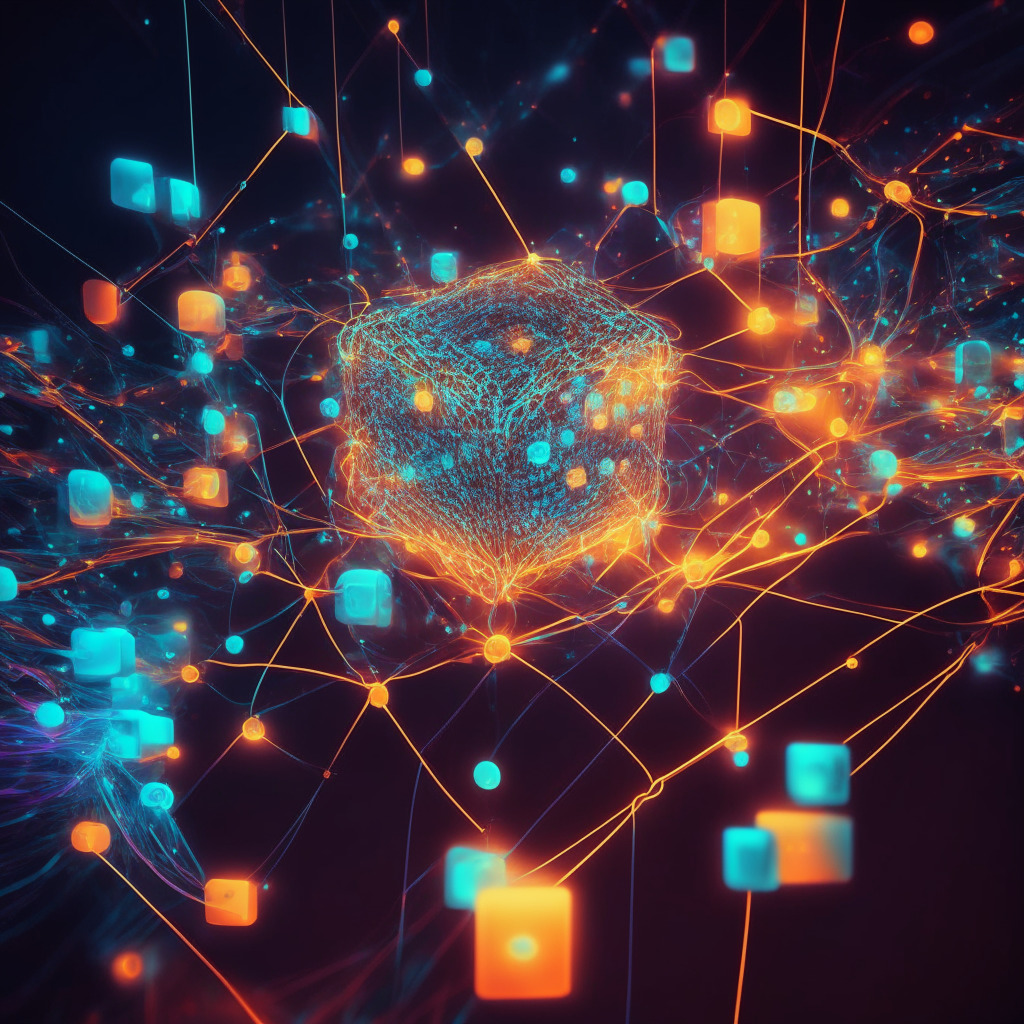Neuralink, the brain-computer interface startup founded by Elon Musk, has reportedly received approval from the United States Food and Drug Administration (FDA) to conduct “in-human” trials for its surgically implanted brain device. Previously, the company had faced several safety concerns and had only been allowed to conduct testing on laboratory animals, such as monkeys and pigs.
It is still unclear at the moment what kind of trials Neuralink plans to conduct, but FDA approval could mean that the company has addressed the safety concerns previously raised. Elon Musk envisions the brain-computer interface (BCI) device to help with certain medical and mobility issues and has expressed his intentions to develop it for use by the general public as a general-purpose BCI. The device could enable humans to interface with machines via thought, potentially protecting us from being replaced by machines.
Human testing brings Musk’s vision for human-AI hybrids one step closer, with exciting potential applications in various industries. For instance, in the cryptocurrency and blockchain communities, Microsoft has filed several patents in 2018 and 2019 that describe a system based on a wearable “sensor” that could provide “proof of work” for cryptocurrency rewards and blockchain mining and validation. Combining Neuralink’s BCI technology with such a system could make it possible to validate brain waves natively, allowing users to verify “proof of work” through thought alone.
Neuralink’s progress also presents opportunities for developers and entrepreneurs to explore applications and use cases of recreational, surgically implanted BCI devices. Elon Musk has suggested that BCIs could allow people to operate smartphones faster with their minds than they could with their thumbs. Moreover, recent research from the University of Texas has shown that AI systems, similar to ChatGPT, can already be trained to interpret brain waves to a limited degree.
Overall, the approval for human trials marks a significant milestone for Neuralink and opens up new possibilities for the integration of BCI technology in our daily lives. As the technology continues to develop, it will be interesting to see how it transforms industries and impacts the existing landscape of cryptocurrency, blockchain, and AI.
Source: Cointelegraph




